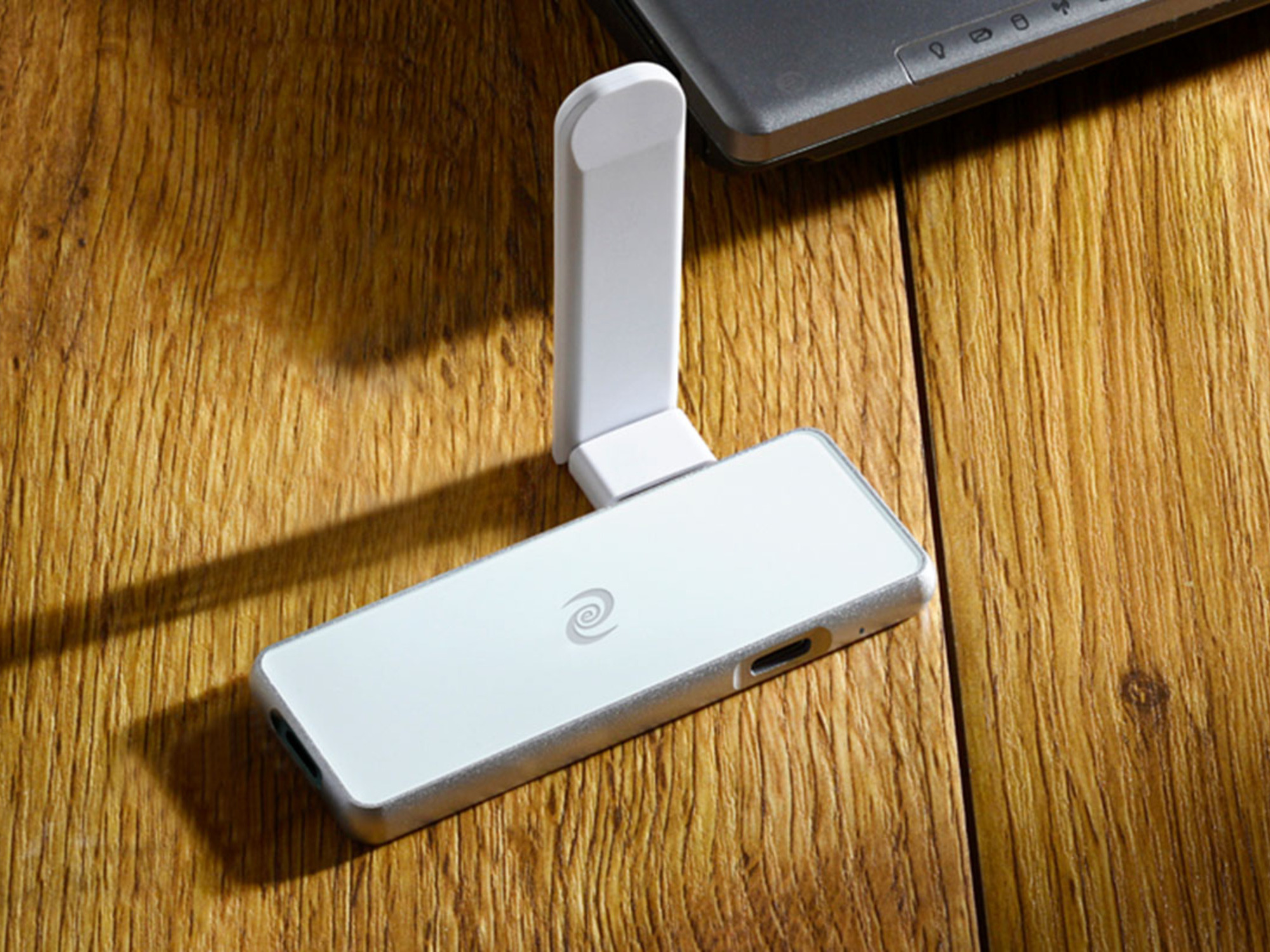We may earn revenue from the products available on this page and participate in affiliate programs. Learn more ›
To say that security breaches and cyber-attacks are rampant would be an understatement. It seems like there’s not a day that goes by without hearing of a company being subject to a breach done by hackers phishing for user data.
In this day and age, it’s never been more important to make an effort to protect your data online. Getting started is easy and won’t even cost you much money. Your privacy is priceless, after all, and the smart thing to do is exercise caution online. To safeguard your information online, here are some nifty tips:
Create strong and unique passwords
Using the name of your puppy as your Neopets password when you were younger was cute, but you cannot keep doing the same now that you own accounts with private, sensitive information. In recent years, data breaches and password leaks have plagued even the biggest corporations, including Facebook, Equifax, and Yahoo. If you own many online accounts, hackers may try to log into banking sites by using the same password they got from a breach.
It is then in your best interest to create strong and unique passwords for possibly every online account you have. Experts suggest using long pass phrases and a random combination of numbers and symbols to lessen your chances of getting hacked. Of course, it’s nearly impossible to commit to memory every password you come up with, so you may also want to use a password manager to help you track them. Some of these tools can even help you with creating unique passwords whenever you’re having trouble thinking of one.
Protect your browsing with a VPN
Websites and other third parties tend to keep track of your online activity pretty much 24/7. Nearly every site you visit, every button you click, and every link you share are collected by companies to study your browsing habits and serve you with targeted ads. One of the easiest ways to combat activity tracking is through the use of a virtual private network (VPN), which adds a layer of security to your browsing and renders you anonymous online as long as you’re connected. It gives you an entirely different IP address so you can’t be easily tracked by outside parties.
Some VPNs, however, still store some of your data, so you’re technically entrusting your information to a different entity rather than your own ISP. Make sure that you only pick reputable VPN services for your peace of mind.
Consider using a DPN
If you’re uncomfortable with the idea of an entity possibly gaining hold of your sensitive information, a great alternative to VPN is DPN or a decentralized private network. DPNs also encrypt your browsing activity at a high level like VPNs, but instead of doing it via a centralized network, it uses decentralized encrypted tunnels to reroute web traffic to various nodes. A DPN never depends on a single server and instead, your device functions as both server and the client.

A device like Deeper Connect Pico can help you enjoy the benefits of a DPN, as it offers a 7-layer enterprise-grade firewall for a safe and fast private network anytime and anywhere. And unlike VPNs that usually require you to pay recurring fees, this DPN device only asks for a single payment ($248) for lifetime use.
Install anti-virus software
Viruses may not seem like the threat they once were, but there’s no denying that they still exist. The last thing you want is for your computer to acquire some sort of dodgy software or bug that can wreak havoc on the rest of your device, and worse, data. With phishing scams becoming more rampant, you can never be too safe. Installing anti-virus programs is still recommended, especially if you have multiple people in the house connected to the same network.
Refrain from giving away your personal information
More often than not, the easiest way to protect your personal data is to simply refrain from giving it away. Even if it’s just your unassuming barista asking for your email or mobile number to send you their latest promos and discounts, it would be best if you still remained wary. Being polite and giving it anyway can only hurt you in the long run when your email somehow gets compromised via scams, or even just on too many newsletter subscription lists.
You can always say no to people asking for your personal information. There’s no need to share your data for purchasing a latte. If you really can’t help it, it would be better if you’re to create a separate e-mail address that you only occasionally check for promotional emails.
Ensure that your security settings are up to date
Updating your devices may sometimes seem like a chore, but updates exist for a reason. Your phone, apps, and smart-home devices typically receive updates, and along with them come new features and improvements in security.
Keeping your devices and accounts up to date only take a few minutes out of your day, so it’s best to comply than be sorry. By keeping your gadgets and software up-to-date, you’re also taking advantage of the fixes done by the security engineers of manufacturers. You can dodge potential vulnerabilities and keep cybercriminals from accessing your data.
